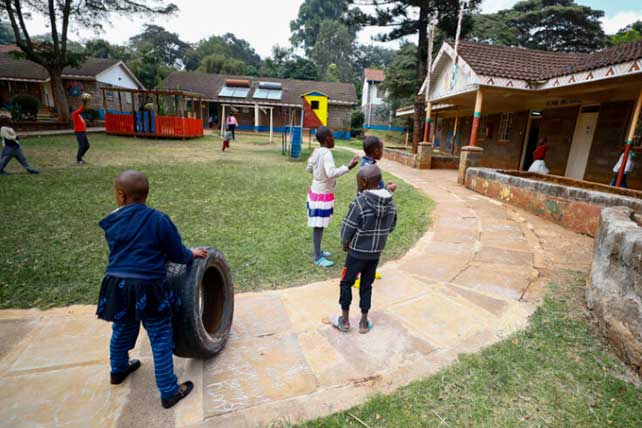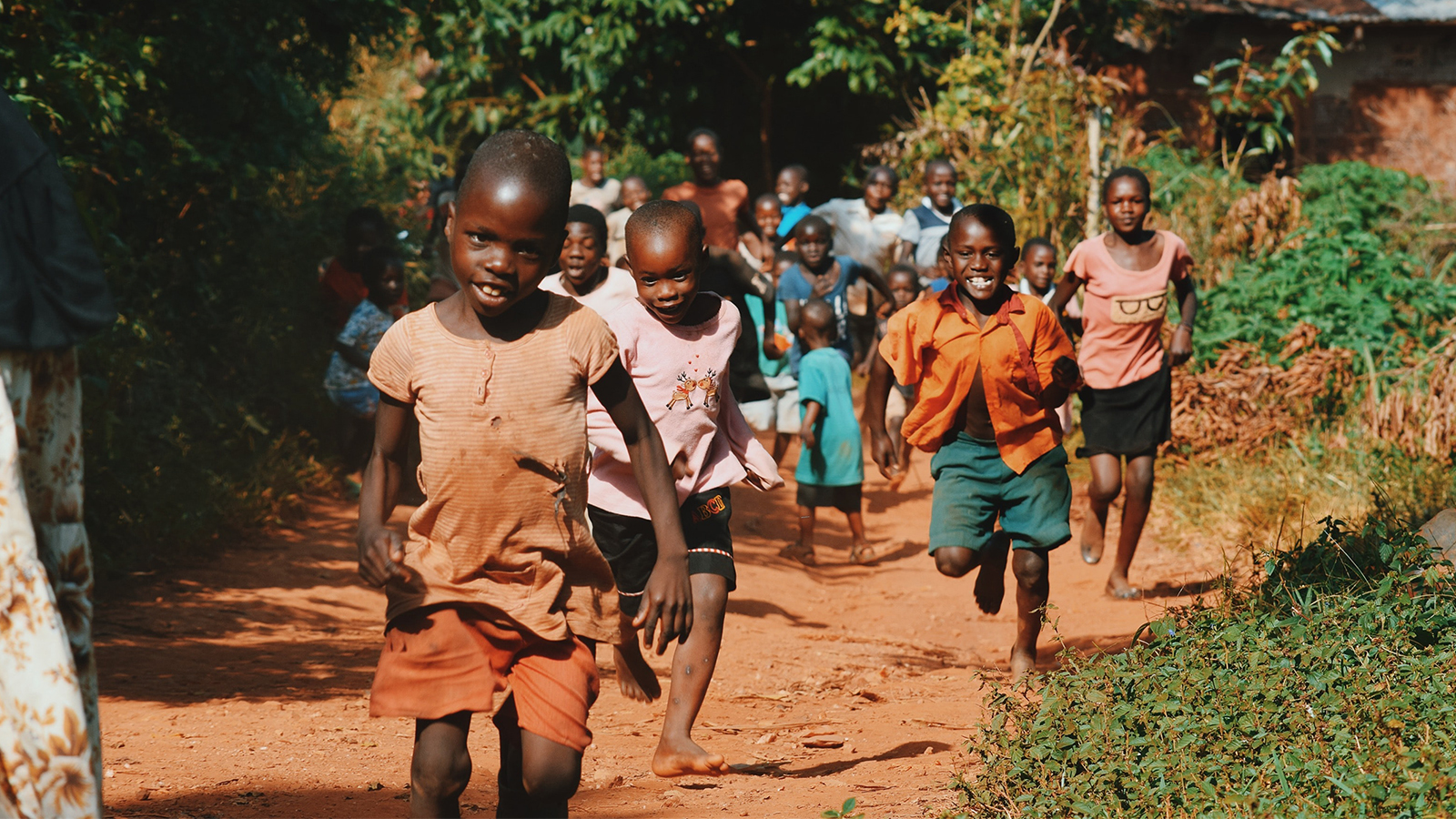NAIROBI, Kenya (RNS) — Amid a growing push among child welfare organizations to reunite families rather than keep children in institutional homes, Kenyan authorities are set to adopt a new national program that will phase out traditional orphanages over the next decade.
Church leaders in the country, whose denominations run hundreds of orphanages, have expressed support for the plan, saying children’s homes have exposed children to abuse. Other faith leaders back private institutional operators in opposing the change.
Roman Catholic Bishop Willybard Kitogho Lagho of Malindi said the Catholic Church supports the government plan because many of the institutions are no longer safe for children.
RELATED: Kenya Court Sentences Priest Convicted of Abuse To Preach on Sexual Crimes
“There have been a lot of abuses in these homes,” said the bishop. “Children have been sexually, physical and emotionally abused. There have also been cases of child trafficking.” Some orphanages, he alleged, were founded by “unscrupulous people who want to gain from donor funding.”
The treatment of orphans in Africa has come under fire in recent years as recent studies have shown that as many as half of children in six low-income countries on the continent have been abused. While some better-funded homes provide education that children could not get in their home villages, many children in residential care show signs of developmental delays and neglect.
Experts also say that donations from developed countries have also skewed the priorities of some children’s welfare agencies. Anglican Bishop Alphonse Baya Mwaro of Mombasa likened some Kenyan children’s homes to businesses. “They do not genuinely support children who are orphaned or who find themselves without family support,” he said.
Faith organizations with long histories in Africa now question whether even the best care is more beneficial than finding relatives who will take in children who have lost parents or have become homeless or destitute. Several have closed their residential homes and instead support family reunification.
(Photo by Seth Doyle/Unsplash/Creative Commons)
In Africa, uncles, aunts and other relatives have traditionally stepped up to care for young family members, said Lagho. “This is the most natural environment for children to grow up,” he said.
The system has in some cases promoted the separation of children. “When you look at the children in the institutions, most of them have families,” said Selastine Nthiani, a manager at the Child Welfare Society of Kenya. They are often sent away from home “for education or because their families are poor. Very few of them are total orphans or children without any parents,” she said.
Nthiani said the government’s changing approach to children’s care was part of an international trend. “The world is moving away from institutional care of children to family- and community-based care,” she said.
Janet Mwema, a senior officer at Kenya’s National Council for Children’s Services, said the government will not shutter institutions, but transition responsibility for destitute children to family and local communities over time.
According to Mwema, some residential homes will continue to operate as educational centers. “A child might be residing in a home because of education. We want to strengthen the families and community such that the child can get the education while living with the biological parents or community,” said Mwema.


